How tampon tax, hedgerows and sanctions have changed since Brexit
- Published
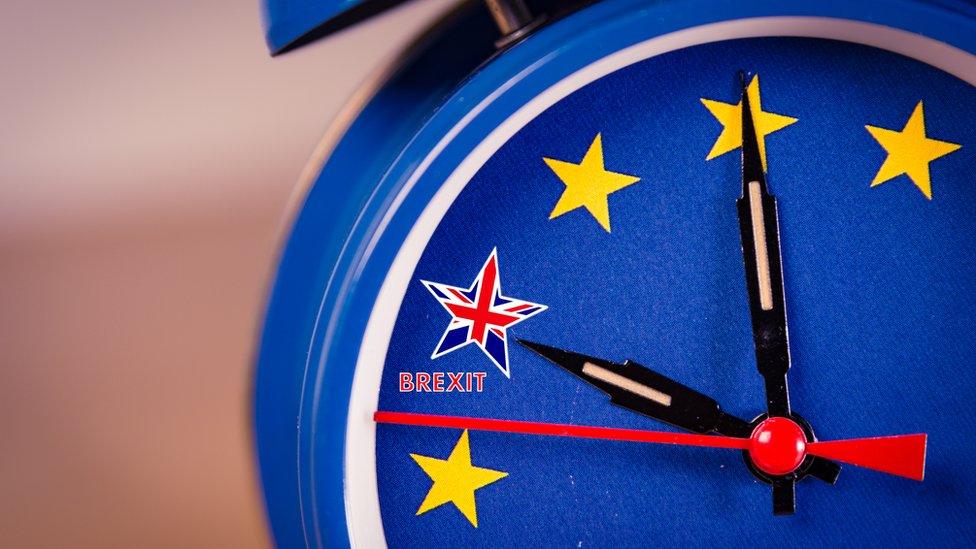
The full impact of the UK's departure from the EU will take years to materialise. But the government has already presented some quick wins.
I've taken a look at five examples given by ministers in speeches, statements or on social media in the three months since the end of the transition period.
Tampon Tax
A cut in VAT for tampons and sanitary products was the first Brexit 'dividend', announced by the Chancellor Rishi Sunak on 1 January - a day after the end of the transition period.
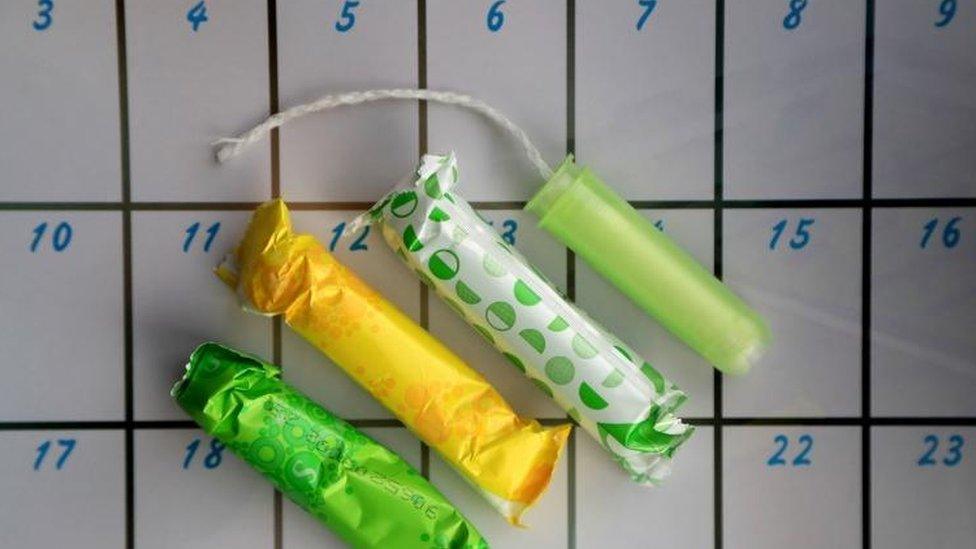
Various rates of VAT have been set for sanitary products
The EU has a proposal to allow member countries to do this. It was intended to take effect in 2022 but has been held up in negotiations over wider reforms.
Officials in Brussels say the UK may not have faced legal action if it had cut the tax while those discussions are on-going and they suggest this could have been done before Brexit.
Points-based immigration
The UK's new points-based immigration system also came into force on New Year's Day.
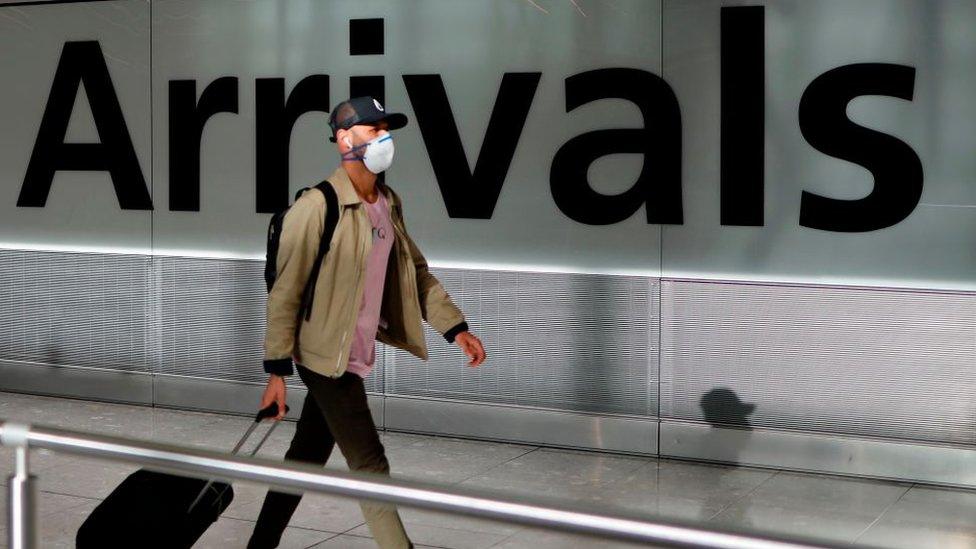
It will inevitably meet one of the key aims of the Leave campaign in the referendum on EU membership - to control the number of European nationals who can settle in the UK.
Those who were here before 31 December have until the summer to apply to stay.
The Oxford Migration Observatory say it's impossible to spot any early effects of the system overall.
This is because of disruption to the official statistics caused by the pandemic and the longer term problem of working out if changes are due to the policy or changing circumstances in the real world, like the performance of the economy.
Sanctions
The UK now has its own sanctions regime. There are some technical differences with the EU system and each side has targeted a slightly different list of people.
In March, the UK and the EU announced sanctions on a virtually identical group of Chinese officials accused of persecuting the Uyghur in Xinjiang, prompting Beijing to sanction nine British citizens in return.
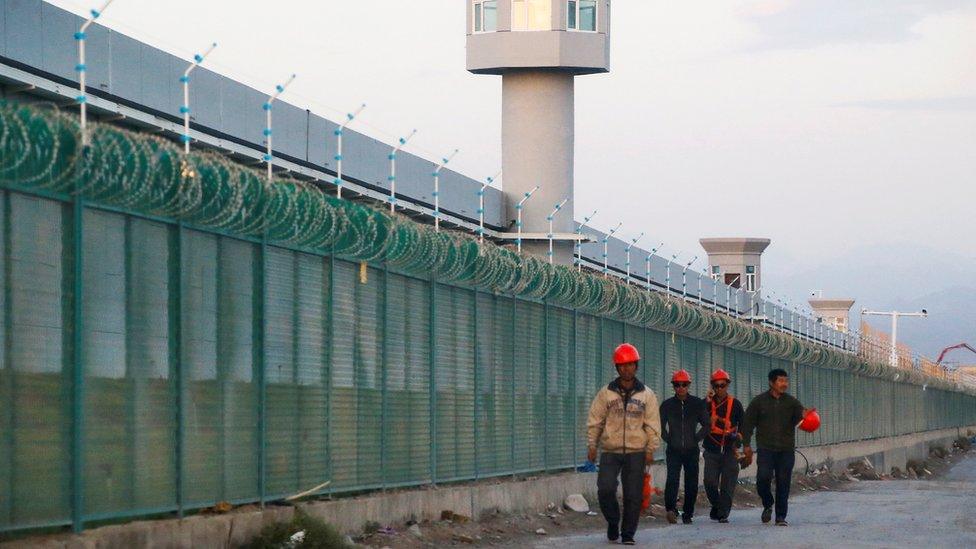
China has created a sprawling network of detention camps for minorities in the Xinjiang region
The foreign secretary said that there might not be that much difference between the UK and the EU in future, writing to the House of Lords: "International co-operation will remain at the heart of UK sanctions policy."
Tax on whisky exports
In February, the United States agreed to temporarily cut the taxes which had been slapped on imports of Scotch whisky in a long-running dispute about the manufacture of planes.
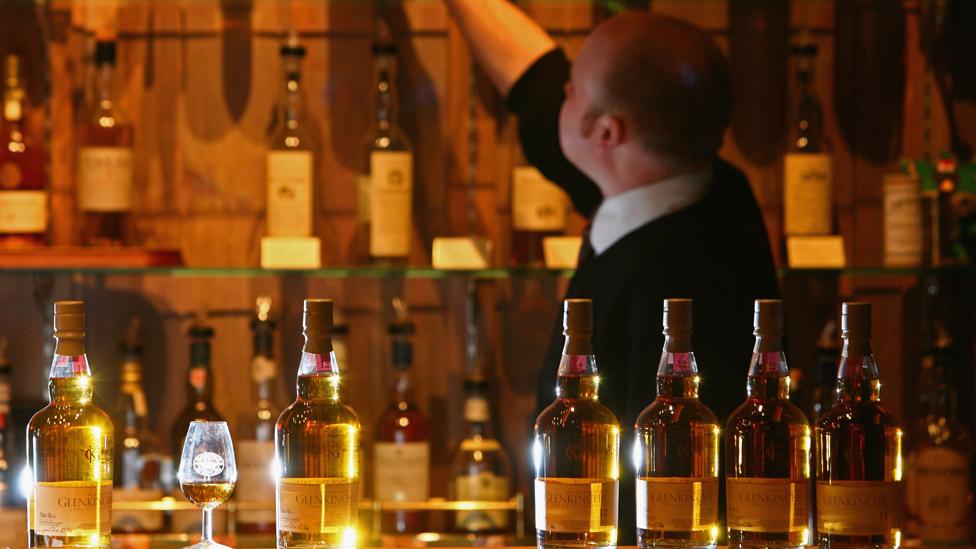
The prime minister celebrated, saying: "It shows what the UK can do as an independent trading nation."
The very next day the EU received the same treatment, with the US cutting tariffs on tractors, wine and cheese.
Sources close to the International Trade Secretary Liz Truss say that Brexit meant she could drop the UK's tariffs on the US, to encourage the Biden administration to come to the negotiating table.
They said it is surely no coincidence the 16-year dispute ended just weeks after the UK took control of its trade policy.
Hedgerows
"We want to reward the work farmers do to manage every metre of hedgerows on their holdings sustainably," Environment Secretary George Eustice told the Oxford Farming Conference in February.
He said farmers previously could not apply for money to help protect hedgerows from the EU's Common Agricultural Policy because they were dubbed "ineligible features".
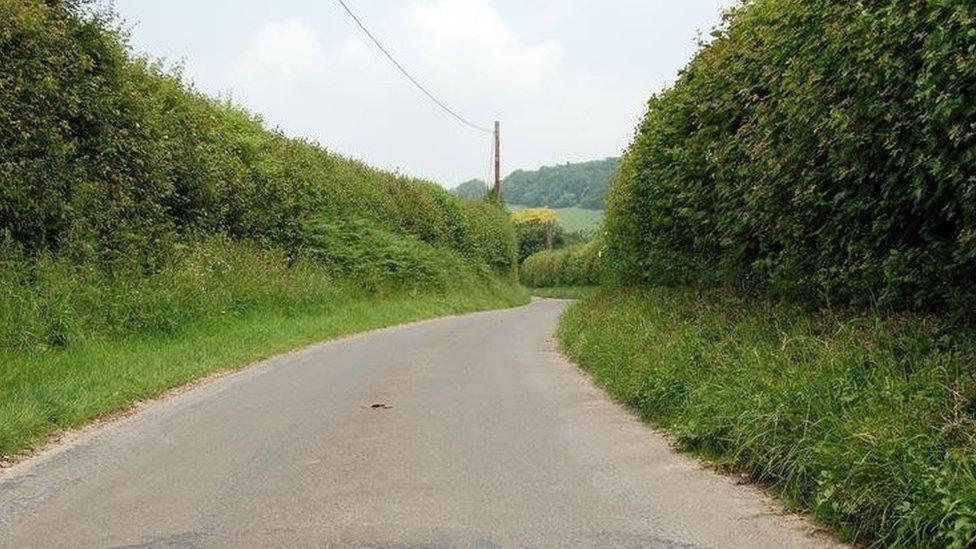
This would change with the UK's post-Brexit Sustainable Farming Incentive, the government claims.
The National Farmers Union say that's not strictly accurate because some hedgerows were recognised previously, and there was also a separate British grant scheme for them.
Hence the environment secretary's careful reference to "every metre" in the new scheme, which won't be fully in place until 2028.
Quick wins?
The UK is still very early in its post-Brexit journey. And - as usual - nothing in this debate is quite as simple as it first appears.
And while looking at these "quick-wins" is an interesting intellectual exercise, it's a difficult one because we can't drop into a parallel universe where the UK is still in the EU to see what might be different.
Related topics
- Published8 July 2016
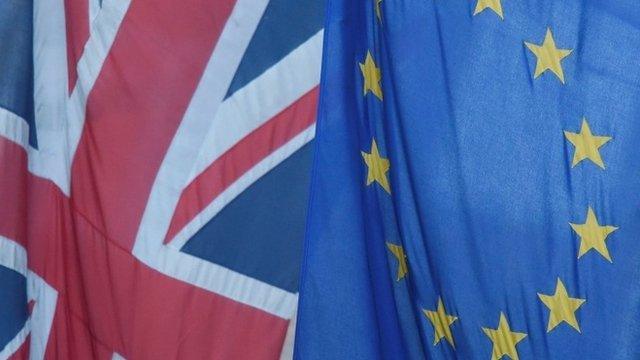
- Published28 January 2021
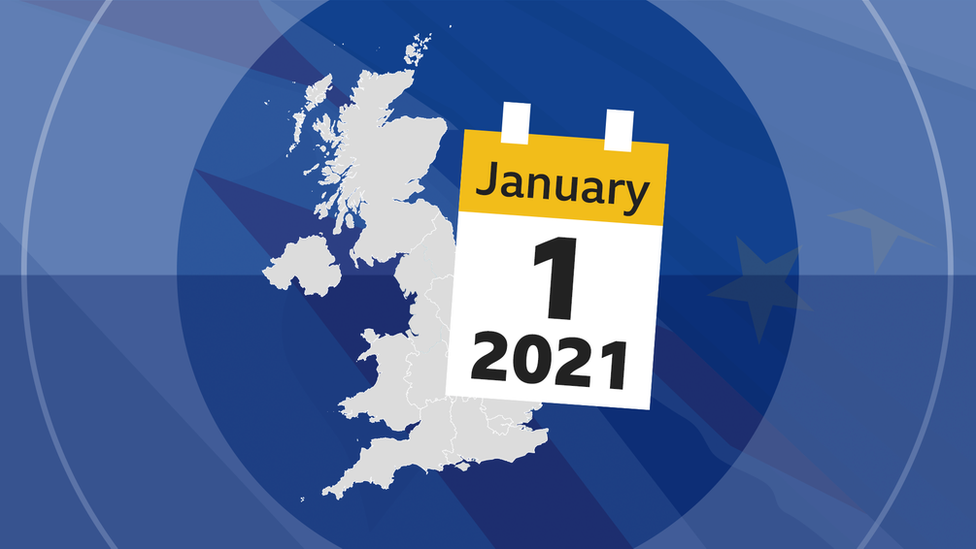
- Published30 December 2020
